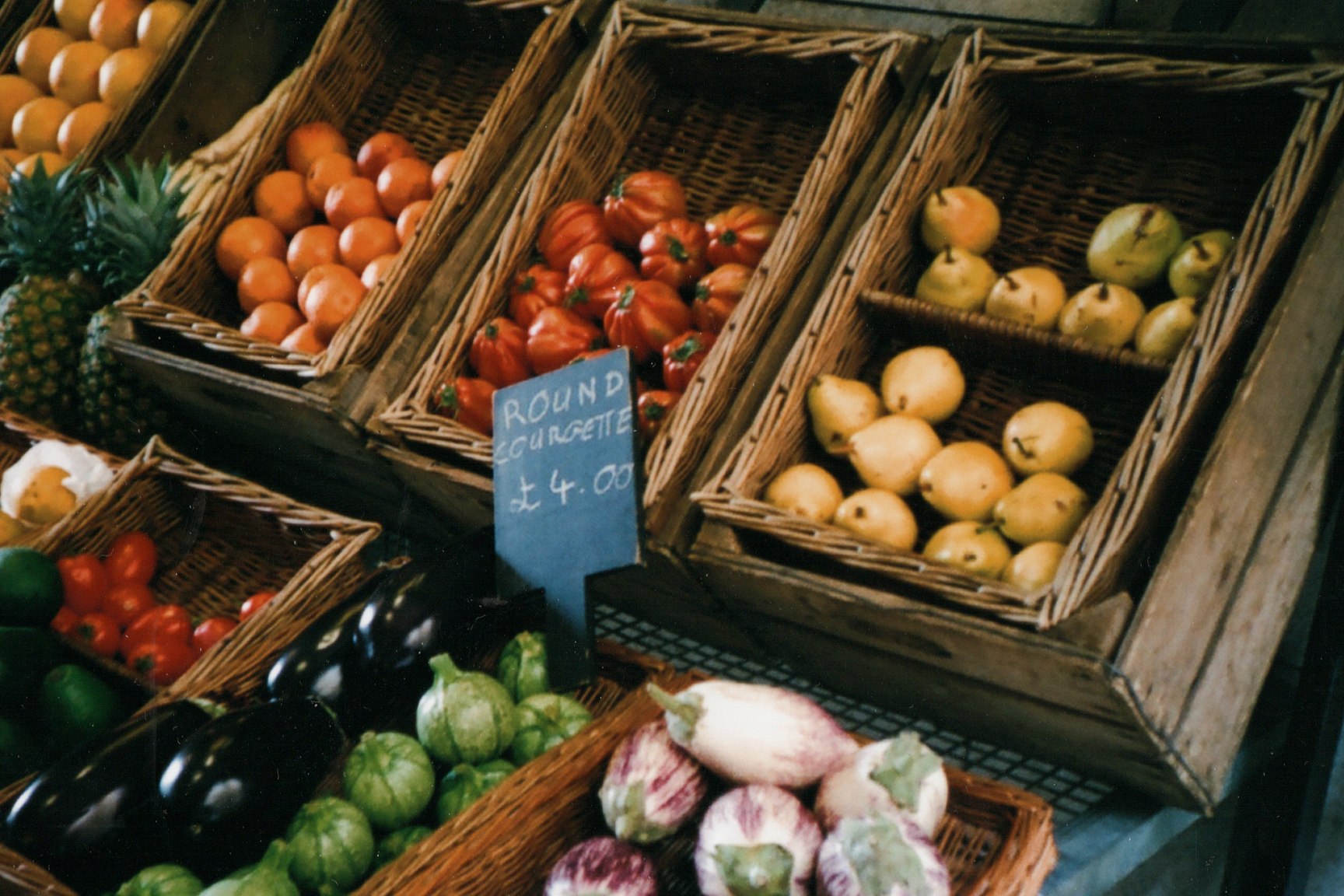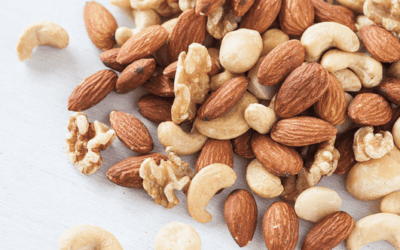You’ve probably heard the term “organic” or “organic farming” many times. But what do these words really mean and what are the benefits of organic food?
What is an organic product?
An organic product is simply a product, raw or processed, that comes from organic farming. According to the INSEE, “Organic farming is a method of agricultural production that excludes the use of synthetic substances such as pesticides, medications, synthetic fertilizers, and genetically modified organisms”.
Organic certification means quality
Organic certification not only guarantees the natural origin of ingredients but also ensures compliance with strict production and manufacturing standards. While not all organic products are 100% organic, they are guaranteed free of controversial substances and respectful of the environment.
How to recognize organic food
It’s easy to recognize organic food. Just look for the European organic label (also called the Euro Leaf) or the French AB logo. These certifications are strictly regulated and trustworthy.
Organic farming in France by the numbers
The 2023 infographic from the Ministry of Agriculture provides some key figures. For instance, 10% of France’s agricultural land is now used for organic farming. About 14% of farms are certified organic. Even better, 83% of organic products consumed in France are grown locally.
The EGalim law and its impact
Since 2018, France has implemented the EGalim law. This legislation applies to both agriculture and the food industry. It supports fair farmer compensation, healthier food consumption, and a reduction in plastic use. In 2022, the law expanded to include collective catering services. These must now serve at least 50% sustainable and high-quality food, including a minimum of 20% organic products.
How organic farming benefits the environment
Organic agriculture brings multiple environmental benefits such as:
– Lower greenhouse gas emissions due to the absence of synthetic chemicals
– Better water quality since groundwater is protected from toxic pollutants
How organic food improves health and quality of life
What about the impact of organic farming on health and well-being?
Organic farming promotes safer and healthier working conditions for farmers. Without chemical pesticides, farm workers are less exposed to potentially harmful substances. This reduces health risks and creates a healthier work environment.
While pesticides mostly harm farmers during production, they can also affect young children through consumption. But the risk doesn’t stop there.
The general population is also exposed to chemical residues through food and environmental contamination, especially polluted groundwater.
Choosing organic food helps protect your health, the health of farmers, and the overall ecosystem.
Organic food and cancer risk what science says
To date, there is limited scientific evidence linking organic food directly to reduced cancer risk.
According to the National Cancer Institute, overall lifestyle and dietary habits are more important factors. For cancer prevention, it’s best to limit alcohol, sugary drinks, fast food, ultra-processed products, red meat, and processed meats. Instead, focus on eating more fruits, vegetables, whole grains, and nuts.
Is eating organic too expensive?
Because it avoids synthetic pesticides and fertilizers, organic farming often results in lower and less predictable yields than conventional farming.
In addition, the certifications and quality controls required for organic products add extra costs for producers and retailers.
For these reasons, organic foods can be more expensive. That price difference may be a barrier for some consumers. However, eating organic doesn’t always mean spending more.
Many organic products are available in bulk, which lowers packaging costs and is better for the planet.
According to the Agence Bio, “Entry-level organic products are consistently cheaper than their conventional equivalents from national brands”.
It’s really about changing buying habits.
Conclusion
To be certified organic, food must be grown without synthetic pesticides, chemical fertilizers, GMOs, or growth hormones. Organic products contain fewer contaminants and potentially harmful chemicals than their conventional counterparts.
Eating organic is not just about personal health. It’s also about environmental and social impact. Organic is more than a trend. It’s an investment in our health and the planet’s future.
At BulkBar, all our products are organically sourced, and we are proud to uphold the values of this farming method.
Published on 21/10/2024













